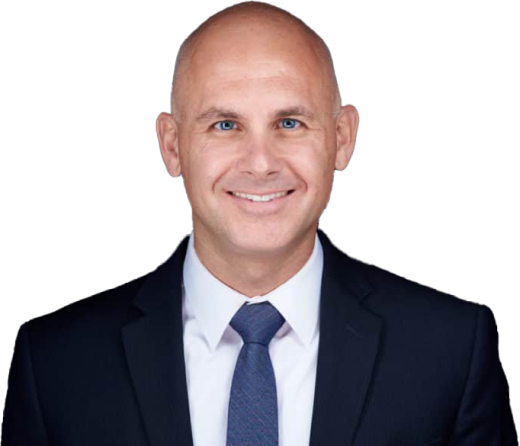This is the third and last in a series of blog posts addressing judicial mechanisms intended to prevent abuse of the legal system. In the first, we discussed the inadequacies of Rule 11. In the second, we discussed the practical application of the fee-shifting statute, NRS 18.010. In this post, we will be discussing a separate tort claim called abuse of process.
Abuse of Process
To seek Rule 11 or NRS 18.010 sanctions, a party must file a motion in the pending lawsuit seeking sanctions or fees. Abuse of process, by contrast, is a separate legal claim. A party alleging abuse of process must actually bring a claim—either in the form of an original complaint or a counterclaim—much like a party alleging breach of contract, personal injury due to negligence, or seeking a divorce. This claim must actually be served on the opposing party, with a summons, unless the party has already appeared in court and the claim is being brought as a counterclaim by a defendant.
In Nevada, to prove that another party has abused the judicial process, the claimant must prove the following two elements:
- an ulterior purpose for bringing a legal action other than resolving a dispute,
- and a willful act in the use of the legal process not proper in the regular conduct of the proceeding.
LaMantia v. Redisi, 118 Nev. 27, 30, 38 P.3d 877, 897 (2002).
Although the elements themselves are fairly straightforward, a claim for abuse of process is impractical for several reasons.
A party may not know that the judicial process is being abused until well into, or after, the improper claim. An abuse of process claim relates to an improper legal action, which means that someone is suing someone for something other than relief the court can provide (like to cause delay or to harass the defendant). The actual improper purpose may not come to light until it is too late to bring the claim in the underlying action (as part of any case in Nevada district court, a deadline is set for the parties to amend their pleadings). If that is the case, the party who wants to make an abuse of process claim must do so in a separate proceeding.
If a party does have to bring their abuse-of-process case in a separate proceeding, it must do so just like it would for any other claim. A complaint must be prepared, filed, personally served, then the parties engage in discovery, participate in motions and hearings, and if no resolution is procured, a trial. Litigation is expensive, and if a party has already litigated in the underlying lawsuit, it will probably be reluctant to go another round, particularly because it will be paying its attorney to do so.
Finally, abuse of process claims are difficult to prove because it requires proof that the party who brought the underlying lawsuit did so without a proper purpose. Even if the underlying lawsuit did effectuate some ulterior motive, if there was also a legitimate purpose for bringing it, courts will often overlook the ulterior motive unless it is particularly egregious. And because the party being accused of an abuse of process will often be able to articulate—even if disingenuously—a theory of legitimacy in its cause, a court’s reluctance to find an abuse of process is not entirely unfounded.

That’s not to say an abuse of process claim cannot be won. In a case I litigated recently, the court agreed with my in my motion for summary judgment that the plaintiff appeared to be bringing his claim for illegitimate reasons. When drafting the order, I included the court’s language at the hearing inferring an abuse of process without actually making an explicit finding. This helped me when I asked for fees as I recovered 100% of the fees incurred by my client in the underlying litigation. And because I recovered all of the fees for my client, we did not have to make a decision as to whether to bring a separate claim for abuse of process.
Like Rule 11 violations, abuse of process claims are frequently threatened, but rarely brought. In most cases where it is brought, it is in a counterclaim rather than a stand-alone action. An experienced attorney will be able to counsel you as to the efficacy of bringing such a claim given the current state of Nevada’s judiciary. In most cases, though, if there has been an abuse of process, you can get justice without having to go through the trouble and expense of filing a separate claim.
Zachariah B. Parry is an attorney and founding partner at the law firm Parry & Pfau and is an adjunct professor who teaches torts, contracts, and Nevada practice and procedure for UNLV’s paralegal program. He can be reached at 702-912-4451.




